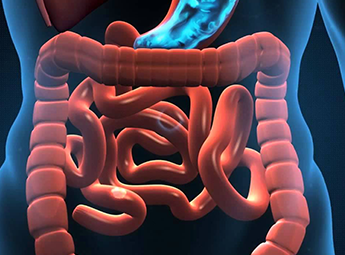Online Consultation
Refer a Friend
Location & Direction
Keep in Touch with Us
Friday to Sunday :By Appointment Only
Digestive Diseases

When you eat, your body breaks food down to a form it can use to build and nourish cells and provide energy. This process is called digestion. Your digestive system is a series of hollow organs joined in a long, twisting tube. It runs from your mouth to your anus and includes your oesophagus, stomach, and small and large intestines. Your liver, gallbladder and pancreas are also involved. They produce juices to help digestion.
There are many types of digestive disorders. The symptoms vary widely depending on the problem. In general, you should see your doctor if you have -blood in your stool, changes in bowel habits, severe abdominal pain, unintentional weight loss, heartburn not relieved by antacids, continuous vomiting, sweating etc.
Digestion problems can mean more than unwanted, embarrassing symptoms. Minor problems that are left untreated can lead to more serious, chronic illnesses. Because there are so many different types of digestion problems, you might mistakenly dismiss them. It’s important to understand common digestion problems — as well as emergency symptoms. The common among them are Food Intolerance, Gastroesophageal reflux disease (GERD), Inflammatory bowel disease (IBD) - Crohn’s disease: affects the gastrointestinal (GI) tract and ulcerative colitis: inflammation of the colon, Chronic Constipation, Haemorrhoids, Diverticulitis and Anal Fissure.
Correct diagnosis can be made out of with tools such as Abdominal Ultrasound, CT, Enterography, GI Radiographic Tests, Barium Enema, Colonoscopy, Stool Tests, and Upper GI Endoscopy.
You may be able to overcome digestion problems with treatment and lifestyle changes. Certain diseases of the digestive system might be long-term, but medications can help alleviate symptoms and through Ayurveda you can have it. There are internal as well as external therapies, shodhana (eliminating) therapies shows deep rooted cure than samana (palliative) therapies. Snehapana, virechana, nirooha vasthi, matravasthi, rasayana are some among them which varies to each individual and nature of disease.

